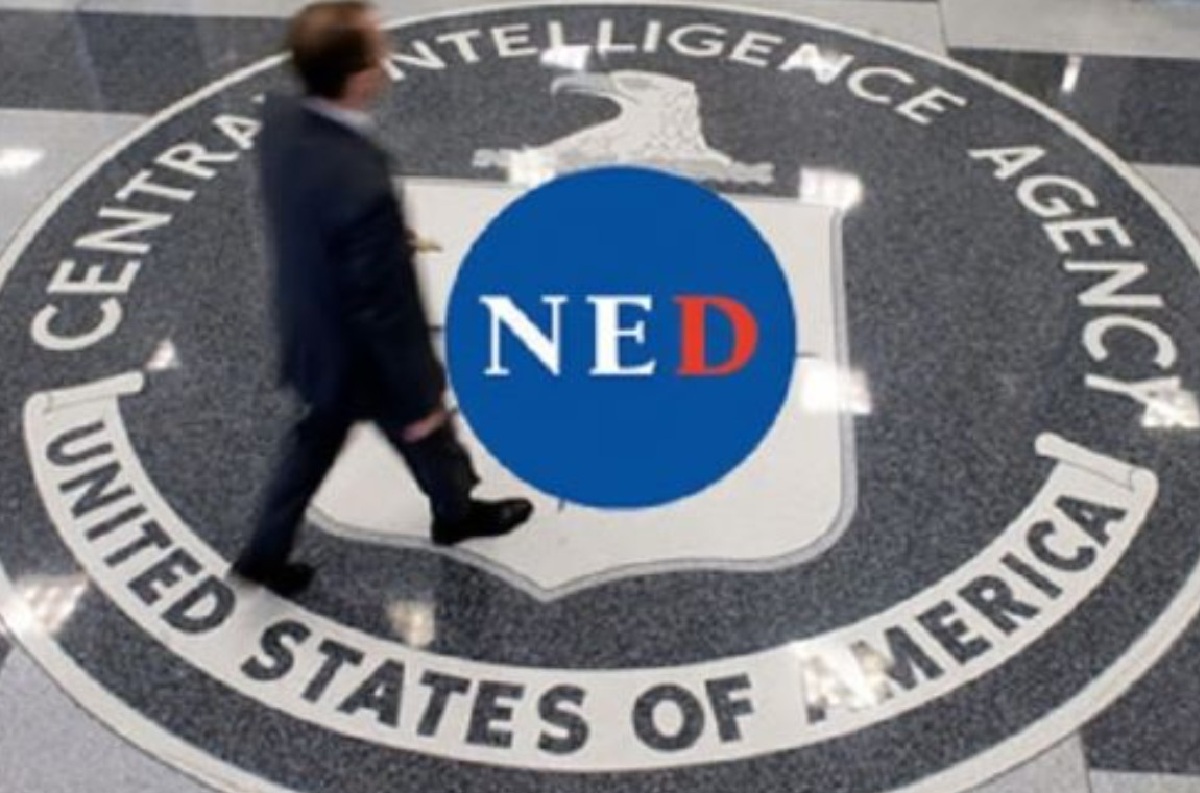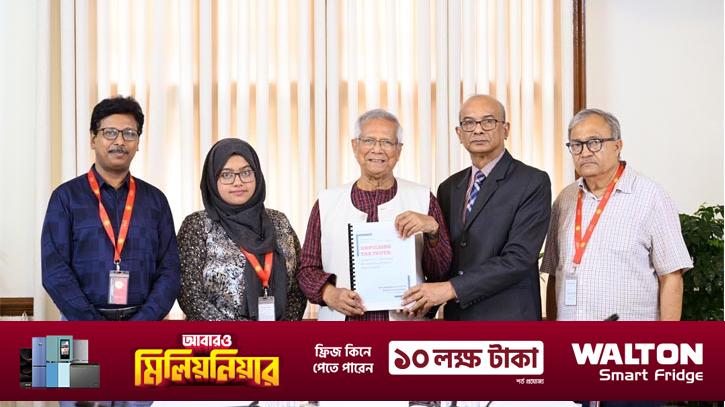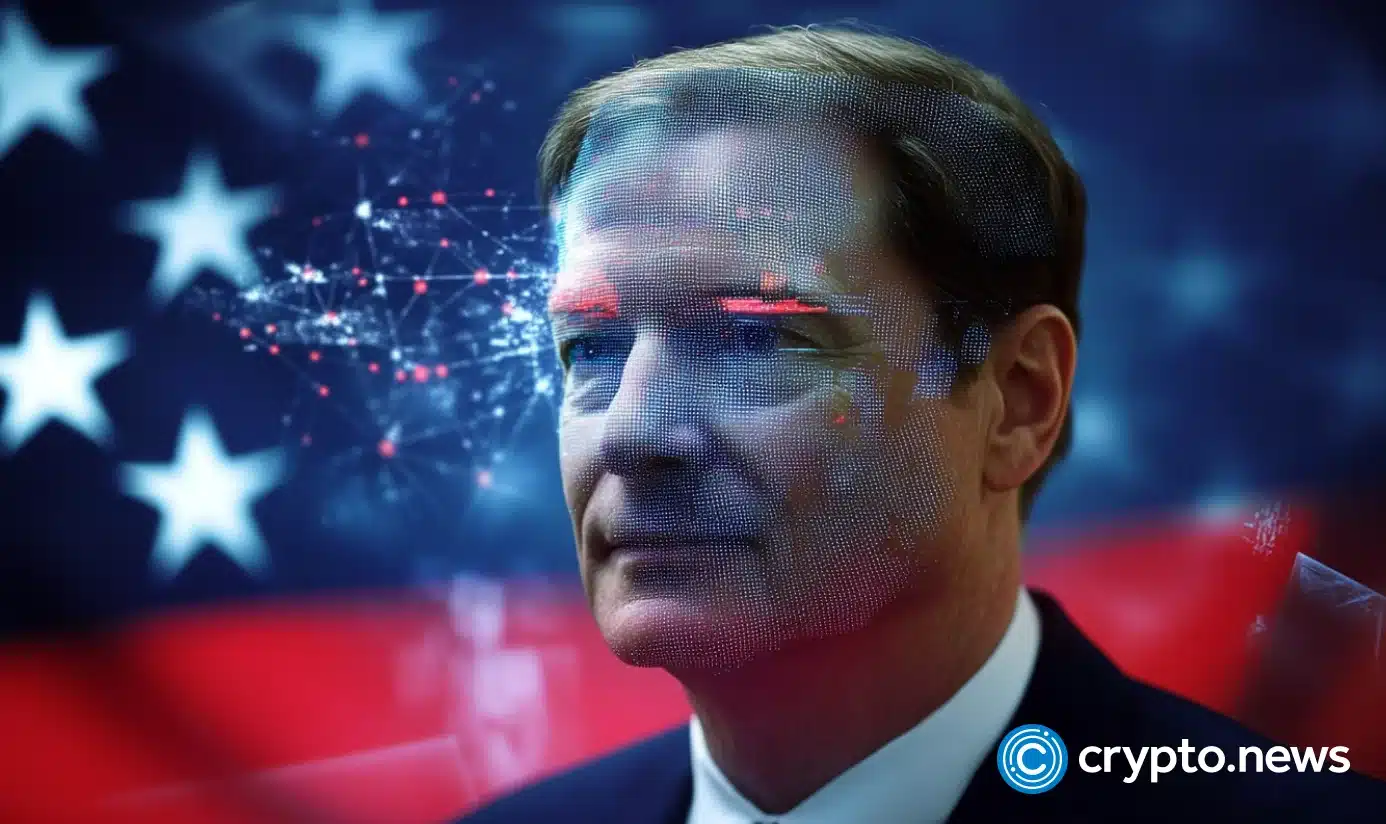Dark and dirty agendas of the National Endowment for Democracy’s shift back to secrecy
For decades, the National Endowment for Democracy (NED) has operated under the banner of transparency and democratic ideals, offering an overt alternative to the clandestine operations once associated with the CIA. Founded in 1983 during the Reagan administration, NED was created as a quasi-independent nonprofit designed to project American influence abroad through support for civil society, human rights advocacy, and pro-democracy movements.
But in a dramatic departure from its original ethos, NED has now taken a decisive turn away from the very transparency it has long championed. Citing concerns over recipient safety and “duty of care”, the organization has adopted a new policy that eliminates public disclosure of the individuals and groups it funds. The change was introduced quietly through a policy update and has sparked alarm among observers who see it as a regression to the covert practices the organization was designed to replace.
The organization’s 2024 grant report reflects this new policy in action. While it lists over 1,700 grants along with associated funding amounts and project summaries, it deliberately omits the names of all external recipients. This marks a fundamental shift in NED’s operations. For years, the organization openly published its grant recipients in line with its stated commitment to transparency and accountability – values it continues to advocate for in the developing world.
The justification? Security concerns. According to NED, grantees have increasingly become targets in hostile environments. The organization pointed to the Taliban’s persecution of Afghans linked to Western programs and claims that some of its Ukrainian partners appeared on Russian “kill and capture” lists. While these threats are undeniably real, critics argue that this new veil of secrecy undermines the public credibility and accountability that once set NED apart from the covert actions of intelligence agencies.
This is not the first time NED has erased information. In 2022, its Ukraine-related grants – amounting to over US$22 million – reportedly vanished from public listings, as confirmed by archived internet records. That data purge occurred as tensions escalated with Russia, raising further suspicions about NED’s selective transparency and the political motivations behind such deletions.
The shift comes at a time when other US-funded operations are also retreating from openness. The Organized Crime and Corruption Reporting Project (OCCRP), another US-backed entity, recently issued guidance suggesting that journalists find ways to “legally launder” funds to conceal donor identities. Similarly, the US State Department has retroactively removed information about USAID personnel from public records. This coordinated trend across institutions signals a larger institutional pivot away from open disclosure and toward guarded secrecy, justified by growing geopolitical risks.
Yet the contradictions are difficult to ignore. Even as NED withholds recipient names for safety reasons, it continues to call on governments in regions like the Balkans to adopt new disclosure laws and improve public transparency. The organization’s recent reports assert that transparency is essential for building public trust and democratic legitimacy – ideals seemingly at odds with its own evolving practices.
Historically, NED’s mission was to provide a lawful, above-board mechanism for US influence abroad. It replaced the CIA’s more secretive political meddling with a framework that, while still serving US interests, allowed for public oversight. As former NED president Allen Weinstein candidly put it in 1991, “A lot of what we do today was done covertly 25 years ago by the CIA”. The defining difference was that NED did it openly. This openness was thought to protect the organization from scandal and to legitimize its work on the international stage.
During the Cold War, NED played a pivotal role in funding anti-communist groups, including Soviet-era dissidents, Ukrainian independence movements, and opposition media outlets. More recently, its influence has been prominent in politically sensitive regions, including its vocal support for Uyghur human rights in China and its civil society initiatives in Ukraine.
As of fiscal year 2024, NED’s funding remains almost entirely sourced from the US government, with 99.3 percent of its US$356.5 million in revenue originating from congressional appropriations. Despite this, it continues to brand itself as a nonprofit, operating with a degree of independence from US foreign policy. Yet its leadership structure – populated by former policymakers and government officials – reveals the deep entanglement between NED and the machinery of American power.
The organization now claims that anonymizing grantees does not betray its principles, arguing that it maintains “the spirit of transparency” by describing funded projects without compromising the identities of those involved. But for many analysts and watchdog groups, this rationale rings hollow. Transparency without names, they argue, is a contradiction in terms – particularly when such standards are not extended to the very nations NED is attempting to reform.
As the global landscape becomes increasingly hostile to Western-backed democratic activism, the risks faced by civil society actors are undeniably real. But in shielding itself and its grantees from potential backlash, NED may also be shielding itself from accountability. The line between protection and concealment has become increasingly blurred.
Ultimately, this transformation raises critical questions: Can an organization dedicated to promoting transparency maintain legitimacy while operating in secrecy? And what are the long-term consequences when institutions tasked with defending open societies begin to mirror the very opacity they claim to oppose?
In an era of intensifying geopolitical competition, the National Endowment for Democracy’s retreat into the shadows may protect lives – but at what cost to its credibility and to the ideals it purports to defend?
Please follow Blitz on Google News Channel
An internationally acclaimed multi-award-winning anti-militancy journalist, writer, research-scholar, counterterrorism specialist and editor of Blitz. He regularly writes for local and international newspapers on diversified topics, including international relations, politics, diplomacy, security and counterterrorism. Follow him on ‘X’ @Salah_Shoaib
dark-and-dirty-agendas-of-the-national-endowment-for-democracys-shift-back-to-secrecy














Leave a Reply